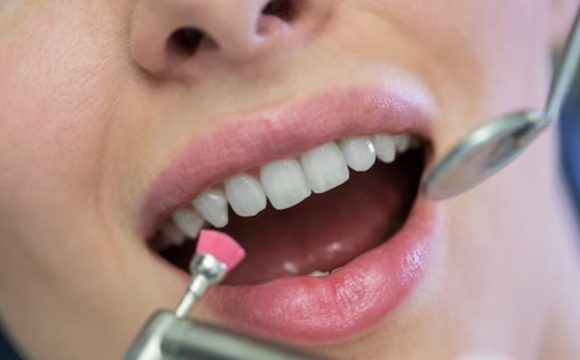Physical and emotional health are deeply intertwined. This connection plays a crucial role in patient recovery. This holistic approach is particularly crucial in fields like orthopedic care, where restoring physical function is intertwined with addressing emotional challenges that arise during the healing process.
Understanding Orthopedic Care
Orthopedic care deals with the musculoskeletal system. This includes bones, joints, muscles, tendons, and ligaments. Injuries or conditions affecting these areas require specialized treatment. Orthopedic surgeons and specialists provide this care.
Recovery from orthopedic procedures can be lengthy. It often involves physical therapy and rehabilitation. Patients may experience pain and mobility issues. These physical challenges can impact emotional well-being.
The Role of Emotional Health in Recovery
Emotional health significantly influences recovery. Patients facing orthopedic issues often deal with anxiety and depression. These emotional states can hinder physical healing. A positive mental state, on the other hand, can accelerate recovery.
Stress and anxiety can increase pain perception. This makes it harder for patients to participate in rehabilitation. Emotional support is essential for overcoming these barriers. Psychiatrists play a vital role here.
The Psychiatrist’s Role
Psychiatrists specialize in mental health. They diagnose and treat mental disorders. In the context of patient recovery, they address emotional and psychological needs. Their support can be pivotal for orthopedic patients.
A Professional psychiatrist helps patients manage anxiety and depression. They provide therapy and, when necessary, prescribe medication. This mental health support complements physical rehabilitation. It creates a holistic approach to recovery.
Integrating Orthopedic Care and Psychiatry
Successful patient recovery requires a multidisciplinary approach. Integrating orthopedic care and psychiatry ensures comprehensive treatment. This approach addresses both physical and emotional aspects of health.
Patients receive better care when these disciplines work together. Orthopedic specialists focus on physical recovery. Psychiatrists address emotional and mental health. This collaboration enhances overall patient outcomes.
The Impact of Pain Management
Pain management is a critical aspect of orthopedic care. Chronic pain can lead to emotional distress. This distress, in turn, can worsen the perception of pain. It’s a vicious cycle.
Psychiatrists can help break this cycle. They use various techniques to manage pain-related anxiety and depression. Cognitive-behavioral therapy (CBT) is one effective method. It helps patients change negative thought patterns. This mental shift can reduce the intensity of pain experienced.
Long-Term Recovery and Emotional Support
Long-term recovery from orthopedic issues often requires ongoing emotional support. Conditions like arthritis or chronic back pain persist over time. Continuous mental health care ensures patients cope better with these long-term challenges.
Regular check-ins with a psychiatrist can help. Patients learn to manage stress and maintain a positive outlook. This proactive approach supports sustained physical health and well-being.
The Benefits of Early Intervention
Early intervention in both orthopedic and psychiatric care is beneficial. Addressing emotional health early can prevent complications. Patients who receive prompt psychiatric support tend to recover faster physically.
For example, pre-surgical counseling can prepare patients mentally. They enter surgery with a positive mindset. This optimism can improve surgical outcomes and speed up recovery.
Enhancing Patient Motivation
Motivation is crucial in rehabilitation. Emotional health directly impacts motivation levels. Patients who are depressed or anxious may lack the drive to participate in therapy.
Psychiatrists work to enhance patient motivation. They help patients set realistic goals. Celebrating small achievements builds confidence. This incremental progress keeps patients engaged in their recovery journey.







